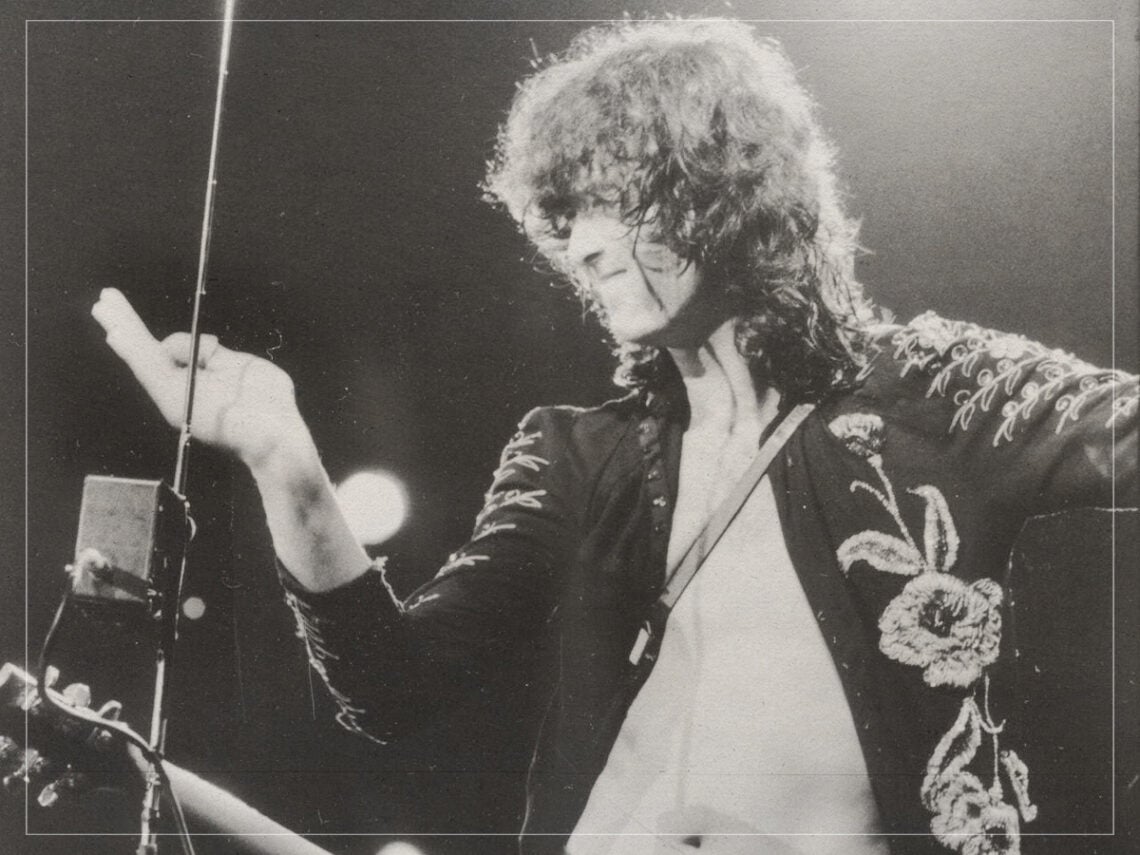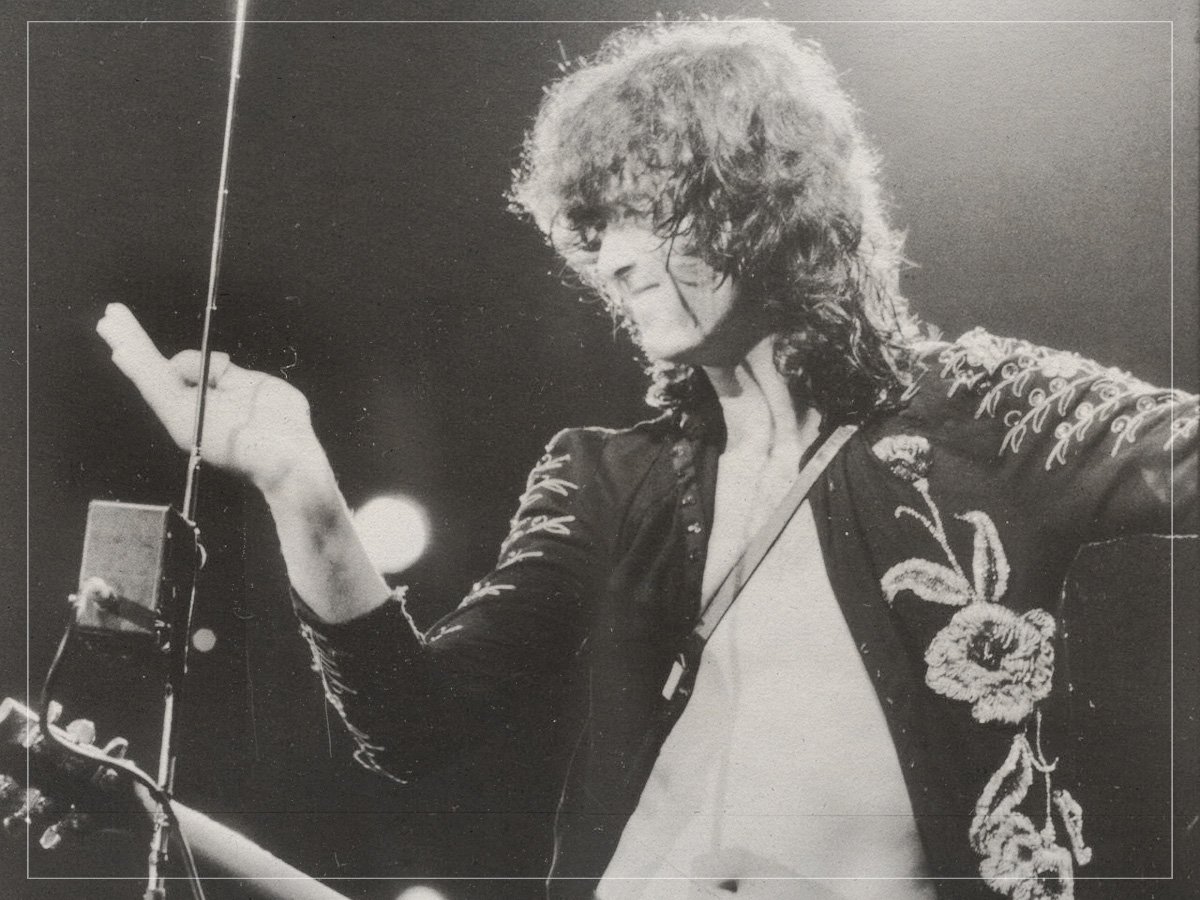
(Credits: Far Out / Open Culture)
Tue 7 October 2025 21:15, UK
Throughout every phase of his career, Jimmy Page was a musical Swiss army knife.
There weren’t many tunes in his head that he couldn’t translate to the guitar, and given how well he mastered the right sounds when working on the mandolin and the theremin, chances are the man could have been given a set of bagpipes and still made one of the heaviest riffs imaginable. But any musician is only as good as the frontman in rock and roll, and Page knew that he needed someone legendary to stand out front whenever he played.
But without Led Zeppelin, things were bound to get a bit complicated. Although it made no sense to continue on without John Bonham, the thought of making music without Robert Plant was bound to be a bigger gamble. Plant was never going to play the same ‘Percy’ persona forever, but when looking at where Page would be going next, his wilderness period saw him barely holding things together.
If anything, Paul Rodgers should probably be given credit for why Page is still among the living. He was emotionally devastated by Bonham’s passing, but the Bad Company frontman did help him see how much fun music could be when putting together The Firm. Things were still looking up for the moment, but when the band had a less-than-stellar performance at Live Aid, Page figured it was time for him to look elsewhere for new material.
Although Outrider remains the only true solo album that Page released during the 1980s, it did seem like a hodgepodge of ideas a lot of the time. Many other guitarists like Slash have tried making music with a round-robin of different vocalists, but if a token appearance from Plant gave fans a brief glimpse of what modern Zeppelin could be, John Miles did at least give people hope of what could happen with a new frontman.
First things first, though, Miles was never brought in as a replacement for Plant. He was simply another collaborator with Page, and it’s not like his history didn’t speak for itself working in the progressive rock world. And when looking at his own repertoire, Page did feel that Miles did have what it took to withstand almost anything that was thrown at him.
Whereas some tunes might not suit Plant’s voice all the time, Page felt that Miles whipped almost anything into shape live, saying, “I had the beauty of having John Miles, who was phenomenal, because he could sing the Chris Farlowe parts, he could sing the Robert Plant parts, he could sing the Paul Rodgers parts and he could sing the John Miles part.” But just because a good thing worked for that album didn’t mean Page would keep it for the rest of his life.
He knew there were more fresh ideas out there, and when working with David Coverdale, he managed to discover even more magic. Yes, there were moments on that collab record that did seem to be a little bit derivative of what Zeppelin had done in their later career, but the only reason why it sounds that way is because you’re listening to the person that built its foundations on every single track.
Although Page did always like the idea of moving forward whenever he played, who knows whether he and Miles could have made another classic record later down the line? It certainly wouldn’t put a dent in Zeppelin’s legacy, but it would have at least given him the kind of progressive project that he had only flirted with on XYZ.
Related Topics
